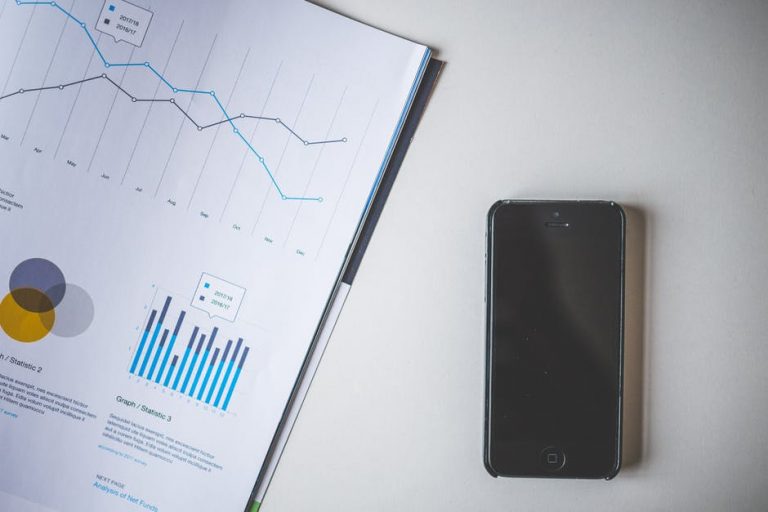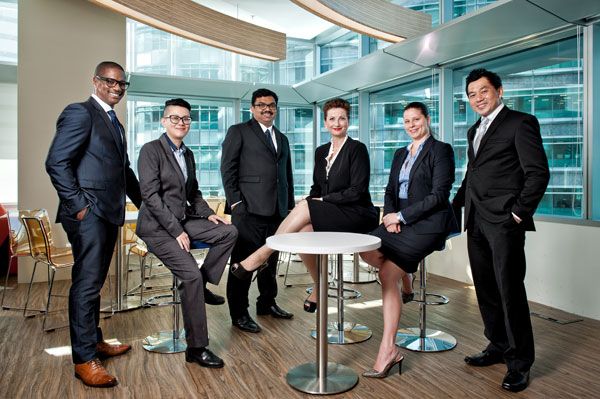Massive shifts in society are usually very noisy – everybody soon becomes aware of them because of all the noise they create.
Take for example the arrival of the Internet in the late 90s, which soon become common knowledge. Indeed, very few people in the civilised world, if any, are unaware of, or do not use, the Internet in some way or another.
What people don’t realise, though, is that such massive, noisy, shifts are accompanied by some very quiet, subtle developments which take a long time to enter the consciousness of people, if they do at all, in some people’s cases.
One of the noisy shifts that occurred with the arrival of the Internet was the massive increase in information and knowledge that became available to those who could access the Internet. The last big jump in information had occurred about 550 years ago with the invention of the printing press. Until then, the fastest way of transferring information was by word of mouth, making it necessary for somebody to physically have to walk, run or ride from one place to another in order to pass on certain information.
It was once said that a copy of the New York Times, which appeared daily, contained more information than the average 17th-century Englishman encountered in a lifetime. One wonders what we would say today about such a comparison!
But in the midst of all the shouting, one of the quiet shifts that has occurred is that our relationship to knowledge has changed. Because we have access to so much knowledge when we want it, where we want it, we make the mistake of thinking that we know something which we actually don’t know.
Here’s the main point of this piece … The most valuable knowledge is conscious knowledge.
What that means, quite simply, is that, if you are not aware that you know something, you will never apply that knowledge, so it is of absolutely no use to you.
Now, I can see a number of people putting up their hands to ask, “But what about experts who are so good at what they do that they use knowledge unconsciously?”
Good question – I’m glad you asked it. It shows you’re thinking about this!
I’ll answer that with another question. How did the expert become an expert? By consciously acquiring certain knowledge.
If you have expertise in some or other field, think about how you acquired that expertise. Chances are you studied a particular course – a diploma, degree or certificate programme. What did that entail? You had to attend classes/lectures, you wrote assignments and essays, did practical work and, oh, you probably wrote tests and exams.
Do you see what that process did for you? It made you consciously acquire the knowledge you now have. And as you mastered the skills in your particular discipline, you became so good at it that you no longer had to think about what you were doing. It came naturally to you, much like driving skills. Remember how stressful those first few driving lessons were? Clutch, brake pedal, accelerator, rear view mirror, handbrake, steering wheel …
But for that knowledge to be applied unconsciously, you first had to be conscious that you had it. That by way of background …
Let’s look at the here and now, and the future.
What are you doing about all the new knowledge that is emerging in your area of work? Do you THINK you know it or do you REALLY (consciously) know it? Don’t make the mistake that so many people make when they hear something new. Because it sounds so familiar, they think, “Oh, I know that,” and carry on as usual.
I urge you to start acquiring new knowledge in a conscious manner so you’re not one of those who thinks they know something, but doesn’t. Knowledge of which you’re not conscious is no knowledge at all. You’ll never apply it, never grow and never know why.
The most valuable knowledge to you is knowledge you know you know. When you know you know something, you will act on that knowledge and change your reality, and the reality of others, for the better. That, in a nutshell, is what true leaders do.
Alan Hosking is the publisher of HR Future magazine, www.hrfuture.net, @HRFuturemag, and a professional speaker. He assists business leaders to lead their people into the new world of work.























